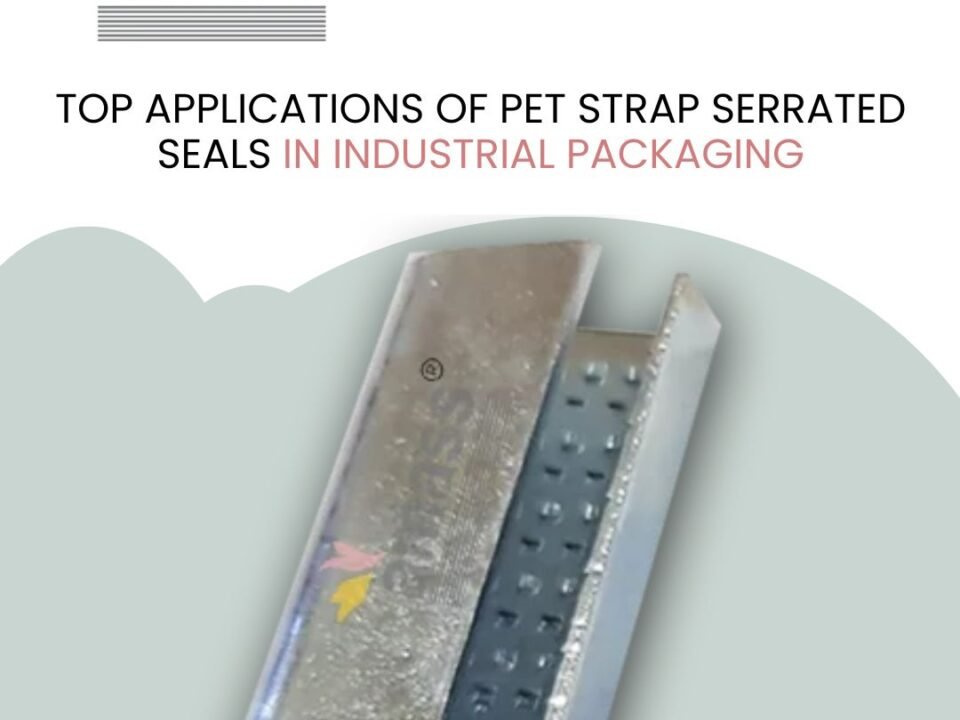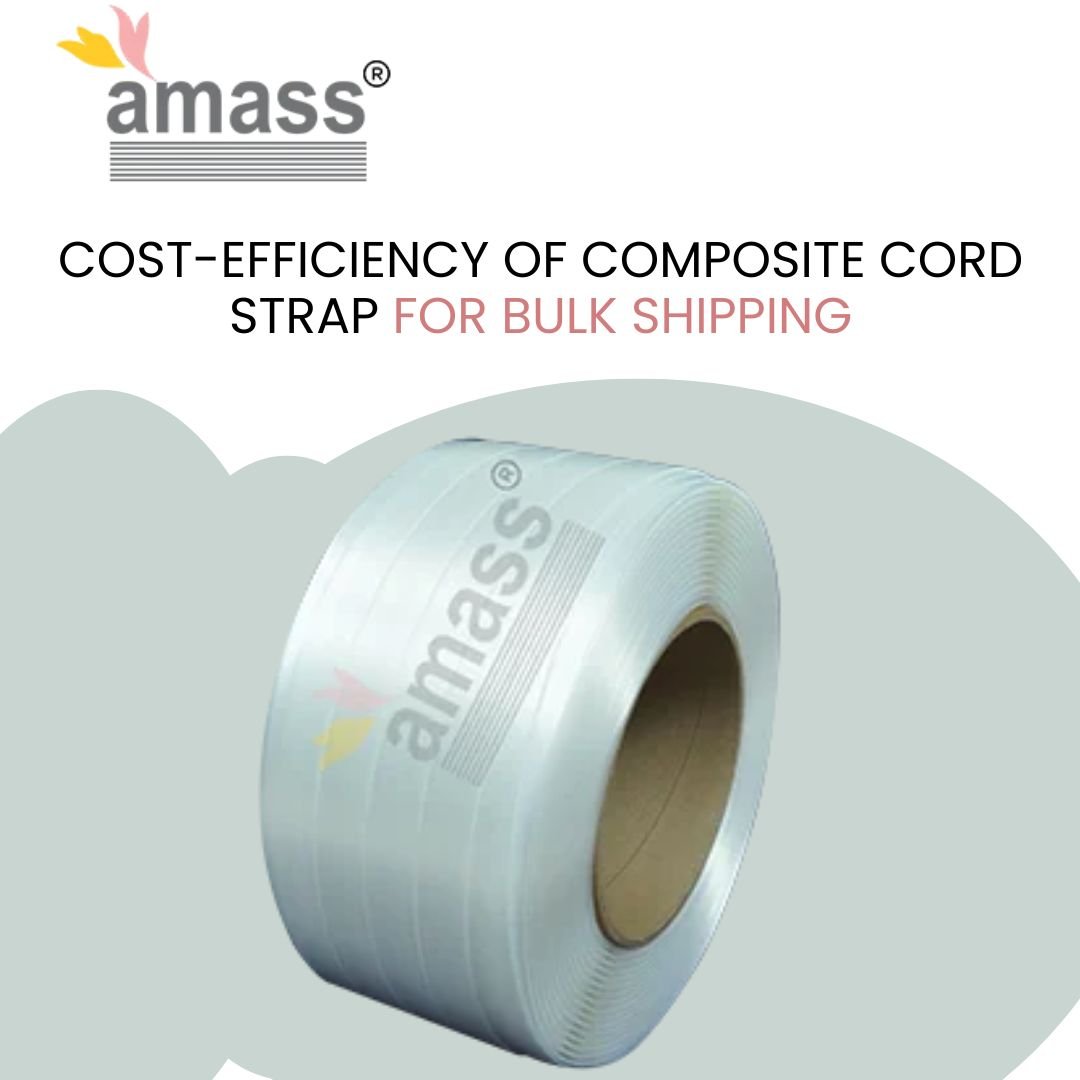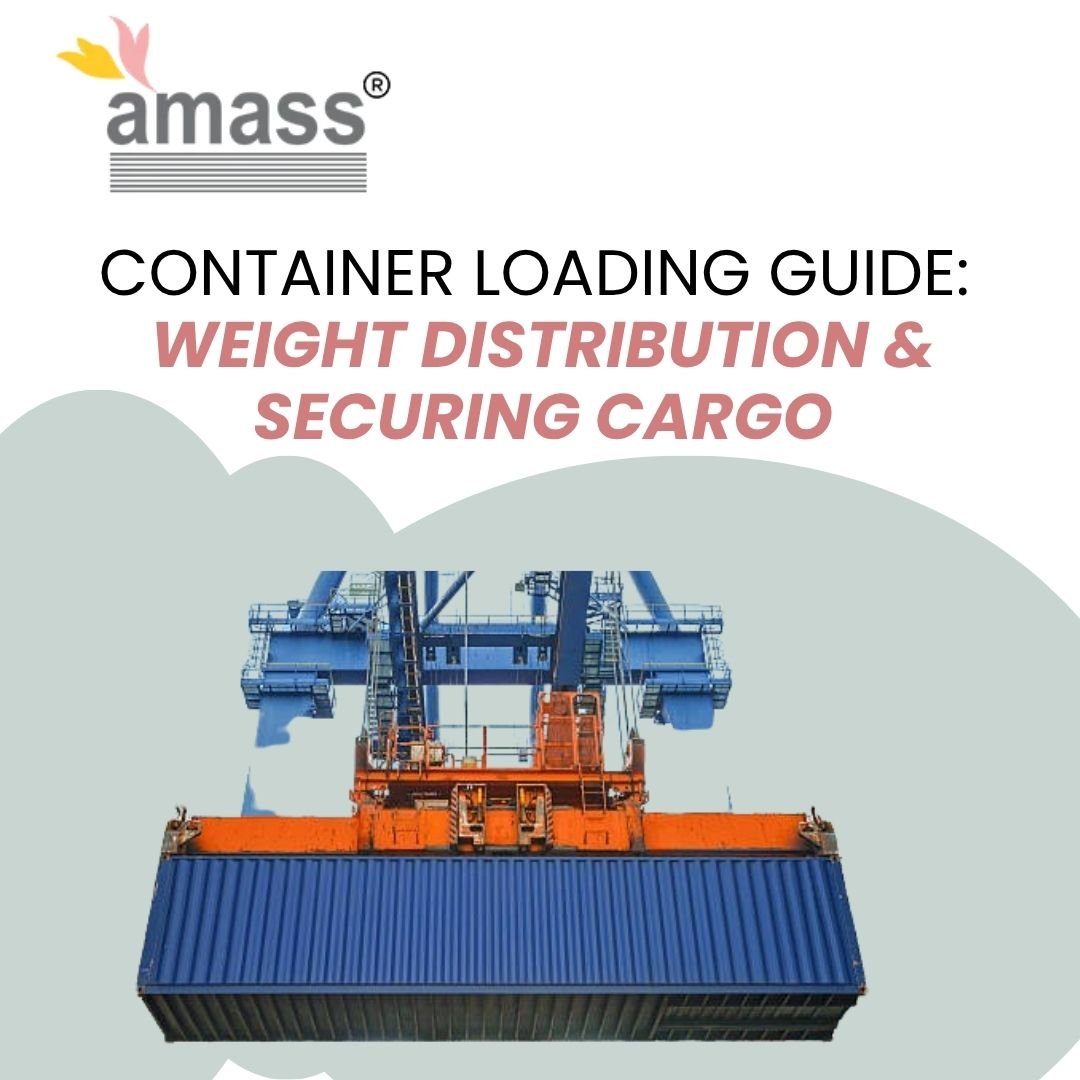What to Look for in a Reputable PET Cord Strapping Supplier

5 Strategies to Speed Up Packaging with Strapping Tools
March 17, 2025
The Ultimate Guide to Choosing the Right Polyester Cord Strapping Manufacturer for Your Business
March 19, 2025Picking a reliable PET cord strapping supplier is critical for businesses who need secure packaging and transport solutions. Through exhaustive research into the current market landscape, we’ve identified that the global PET strap market, valued at USD 825.93 million in 2024, is projected to grow at a compound annual growth rate of 6.63%. This expansion underscores the increasing demand for high-quality PET strapping across industries worldwide. As you navigate this expanding market, understanding key supplier qualifications—from manufacturing processes and quality control to customer service and customization capabilities—will significantly impact your operational efficiency and bottom line.
Introduction to PET Cord Strapping
PET cord strapping, manufactured from polyethylene terephthalate, has revolutionized the packaging industry with its exceptional strength, flexibility, and break resistance. This specialized material has become indispensable in warehouse operations and shipping departments, where securing heavy loads safely during transport is paramount. PET’s molecular structure provides a unique balance of tensile strength and elasticity that conventional packaging materials struggle to match.
The manufacturing journey of PET strapping begins with recycled plastic bottles and containers, which are processed into fine PET resin powder—establishing an environmentally conscious foundation for the product lifecycle. This raw material undergoes a sophisticated transformation through industrial machinery where it’s heated to temperatures between 260-280°C, achieving a perfect molten state for further processing. The subsequent extrusion, stretching, and cooling phases carefully calibrate the molecular orientation of the polymer chains, resulting in strapping with predictable performance characteristics.
Understanding these fundamental aspects of PET cord strapping helps establish a baseline for evaluating potential suppliers. The material’s inherent properties make it significantly superior to alternatives like polypropylene strapping, particularly for applications requiring sustained tension and load security over extended periods or through challenging transport conditions.
Understanding the Importance of Quality in PET Strapping
Quality variations in PET strapping can dramatically affect performance in real-world applications. Premium PET strapping maintains consistent tension throughout the shipping process, preventing load shifts that can damage products or create dangerous handling situations. The molecular orientation achieved during manufacturing directly influences the strapping’s ability to resist splitting under tension—a critical consideration for businesses that cannot afford packaging failures.
High-quality PET strapping offers exceptional recovery properties, maintaining tight securement even when loads settle or shift slightly during transit. This resilience prevents the common problem of load destabilization that occurs when inferior strapping stretches permanently after initial application. According to industry standards, professional-grade PET strapping should demonstrate excellent tension retention capabilities, ensuring that pallets and bundled materials remain securely fastened from warehouse to final destination4.
The difference between standard and premium PET strapping becomes most apparent in challenging environmental conditions. Quality suppliers utilize UV-resistant additives and specialized stabilizers that prevent degradation when exposed to sunlight, temperature fluctuations, and humidity—extending the functional lifespan of the packaging solution. These performance enhancements represent the difference between merely adequate and truly reliable packaging solutions.
Key Features of a Reputable Supplier
Identifying truly reputable PET cord strapping suppliers requires evaluating several distinguishing characteristics that separate industry leaders from mere participants. These foundational elements reflect a supplier’s dedication to excellence and long-term business sustainability.
Industry certifications provide objective verification of supplier capabilities and adherence to international standards. Suppliers registered with ISO 9001:2008 quality management systems demonstrate systematic approaches to maintaining consistent product quality. These certifications involve rigorous third-party audits that thoroughly examine operational procedures, quality control mechanisms, and continuous improvement processes.
Market longevity and geographic reach offer important insights into supplier reliability and production capacity. Suppliers serving diverse regions—from coastal areas to inland industrial zones—have developed distribution networks and production capabilities that can reliably meet varying demand patterns. For example, suppliers with a presence in multiple areas have shown they can keep their supply chain running smoothly even when logistical problems appear.
Product diversification within the packaging ecosystem indicates a supplier’s comprehensive understanding of industrial packaging requirements. Forward-thinking suppliers often manufacture complementary products such as tensioners, sealers, and edge protectors, reflecting their commitment to providing complete packaging solutions rather than isolated components3. This ecosystem approach demonstrates deeper industry knowledge and the ability to address interconnected packaging challenges.
Evaluating Manufacturing and Quality Control Processes
A PET strapping supplier’s manufacturing excellence really shines through how they make their products and their quality control. The transformation from raw PET resin to finished strapping involves precisely controlled processes: melting, extrusion, orientation stretching, cooling, and finishing treatments. Each stage requires sophisticated equipment calibration and monitoring to ensure consistent molecular alignment and physical properties2.
Quality control at top-notch factories goes way beyond just checking if the strapping is the right size. Advanced testing incorporates tensile strength measurement, elongation behavior analysis, recovery property evaluation, and accelerated weathering tests. Leading suppliers implement statistical process control methods to detect subtle variations before they develop into quality issues. This proactive approach to quality management significantly reduces the risk of field failures and performance inconsistencies.
Having their own PET flake production in-house shows that a supplier is really serious about quality control. By establishing in-house PET flake production facilities, these manufacturers gain direct control over raw material quality and consistency—a critical advantage in maintaining finished product performance. This vertical integration strategy allows for tighter specifications and more responsive adjustments to material formulations when necessary.
Manufacturing facilities equipped with state-of-the-art technology and operated by skilled professionals create an environment conducive to consistent quality production. These investments in production technology and human expertise form the foundation of reliable PET strapping manufacturing.
Assessing Customer Service and Support
Awesome customer service goes way beyond simply filling orders – it’s about building a real partnership. Reputable suppliers prioritize responsive support teams capable of addressing technical queries, troubleshooting application challenges, and providing timely order status updates. Some organizations explicitly emphasize their commitment to customer satisfaction through dedicated support structures designed to build enduring client relationships.
Tech know-how among customer service reps gives leading suppliers a major boost. Staff members who thoroughly understand PET strapping properties, application techniques, and industry-specific requirements can provide targeted recommendations that optimize performance and cost-effectiveness. This consultative approach transforms standard customer service into a valuable resource for operational improvement.
Flexibility with orders and being able to respond quickly when things are needed really fast are what sets the best suppliers apart. Companies that emphasize rapid delivery services have developed logistics systems capable of expediting shipments when customer production schedules require immediate materials. This operational agility demonstrates a customer-centric business philosophy that prioritizes client success alongside supplier profitability.
Post-sale support, including application guidance and performance optimization recommendations, completes the customer service ecosystem. Representatives who follow up after delivery to ensure product satisfaction and application success create additional value beyond the physical product. This ongoing engagement helps identify opportunities for improvement and strengthens the collaborative relationship between supplier and customer.
Customization and Flexibility Options
The capability to provide tailored solutions for specific applications represents a significant competitive advantage in the PET strapping market. Advanced suppliers offer customization across multiple parameters, including width (ranging from 9mm to 32mm), thickness, tensile strength, and even color coding for visual identification systems3. This flexibility enables precise matching of strapping characteristics to load requirements, environmental conditions, and handling equipment specifications.
Progressive suppliers work collaboratively with customers to develop custom solutions that address unique packaging challenges. As highlighted by Multitech Products, their expert teams engage directly with clients to determine optimal specifications for specific applications6. This consultative process ensures that the finished product perfectly aligns with operational requirements rather than forcing standardized products into specialized applications.
Suppliers who can handle both large standard orders and smaller, specialized ones show they’re adaptable – and that’s a major advantage for all sorts of customers. Suppliers with modular manufacturing systems can efficiently transition between production runs without sacrificing quality or extending lead times unnecessarily. This adaptability proves particularly valuable for customers with seasonal demand fluctuations or project-based requirements.
Custom packaging formats that fit right into how a customer handles their stuff makes things run smoother. Features like specialized core dimensions, traverse winding patterns, and bulk packaging configurations can significantly improve efficiency at the point of use. These seemingly minor customizations can yield substantial productivity improvements by reducing changeover times and minimizing material handling requirements.
Sustainability and Environmental Considerations
Environmental responsibility is super important these days. Regulations are getting stricter, and companies are becoming more eco-conscious. Forward-thinking PET strapping manufacturers emphasize their use of recycled materials, with many utilizing post-consumer plastic bottles as their primary raw material source. This circular economy approach significantly reduces environmental impact while maintaining necessary performance characteristics.
The recyclability of PET strapping itself represents an important sustainability consideration. Products like Poly-Strap from Plastofine Industries are fully recyclable, allowing for closed-loop material management. This recyclability creates opportunities for comprehensive sustainability programs that track and optimize packaging material lifecycles across supply chains.
Manufacturing processes designed with environmental efficiency in mind further differentiate environmentally responsible suppliers. Energy-efficient production equipment, water conservation systems, and waste reduction protocols demonstrate a holistic commitment to sustainability beyond simply using recycled materials. These operational investments reflect a deeper organizational commitment to environmental stewardship throughout the production process.
Transparent communication regarding environmental metrics and continuous improvement initiatives provides customers with verification of sustainability claims. Suppliers who publish environmental impact assessments, carbon footprint analyses, and sustainability roadmaps demonstrate accountability and enable customers to make informed decisions aligned with their own environmental objectives.
Price and Value Analysis
Price considerations for PET strapping must be evaluated within a comprehensive value framework rather than isolated cost comparisons. Current market pricing from Indian suppliers ranges from approximately ₹85 to ₹110 per kilogram depending on specifications3. However, these base prices represent only the initial component of the total cost of ownership calculation that should guide purchasing decisions.
Performance reliability directly impacts operational costs through reduced material waste, decreased repackaging requirements, and minimized product damage. Higher-quality strapping that maintains tension consistently throughout the shipping process delivers substantial value through reduced failure rates and associated remediation costs. This reliability creates a compelling value proposition despite potentially higher initial purchase prices.
Volume considerations and long-term supply agreements often reveal pricing flexibility not apparent in standard rate sheets. Established suppliers typically offer structured volume discounts, scheduled delivery programs, and special pricing for contractual commitments. These arrangements can significantly improve cost predictability while ensuring consistent material quality and availability.
The comprehensive cost analysis should incorporate ancillary factors like delivery reliability, technical support availability, and warranty provisions. Suppliers emphasizing “best quality at affordable price” optimize this value equation by delivering reliable performance at competitive market rates. This balanced approach to pricing recognizes that extreme cost-cutting often undermines the very performance characteristics that make PET strapping valuable.
Building Long-Term Partnerships
Strategic supplier relationships transcend transactional purchasing to become valuable business assets. Developing partnerships with established PET strapping manufacturers creates opportunities for collaborative problem-solving, preferential treatment during material shortages, and access to product development insights. Some companies explicitly focus on building “long-lasting relationships with clients” as a core business philosophy.
Communication framework development establishes clear channels for order placement, technical inquiries, and feedback sharing. These structured communication protocols prevent misunderstandings while facilitating quick resolution of any issues that arise. Regular business reviews provide forums for discussing changing requirements, market developments, and continuous improvement opportunities.
Mutual growth planning aligns supplier capabilities with customer expansion strategies. Suppliers serving “more than 1000+ Industries throughout India & overseas” have demonstrated their ability to scale alongside growing customer operations. This growth synchronization ensures that material availability keeps pace with increasing production requirements without compromising quality or delivery performance.
Trust development through consistent performance creates the foundation for truly productive long-term partnerships. Suppliers who consistently deliver quality products on schedule, respond promptly to inquiries, and demonstrate transparency in business practices earn the confidence necessary for collaborative business relationships. This earned trust transforms standard buyer-seller dynamics into strategic partnerships that generate value for both organizations.
Conclusion and Recommendations
Selecting the ideal PET cord strapping supplier requires systematic evaluation across multiple dimensions beyond basic price comparisons. The comprehensive assessment framework outlined in this article provides a structured approach to supplier qualification that emphasizes quality, service, customization, sustainability, and value. By applying these criteria diligently, businesses can identify suppliers capable of delivering reliable performance while supporting broader operational objectives.
The rapidly growing global market for PET strapping, projected to advance at a 6.63% CAGR5, underscores the increasing importance of forming relationships with capable suppliers. As applications for PET strapping continue expanding across industries, securing dependable supply chains becomes increasingly critical for operational stability. The supplier selection process deserves thoughtful consideration proportionate to its potential business impact.
For organizations beginning their supplier evaluation process, we recommend prioritizing manufacturers with demonstrated quality control systems, responsive customer service structures, and appropriate customization capabilities. Suppliers offering backward integration through in-house PET flake production1 deserve particular consideration for their enhanced control over raw material quality. These foundational capabilities establish the minimum qualifications for serious supplier consideration.
The future relationship between packaging material suppliers and customers continues evolving toward collaborative partnerships rather than purely transactional exchanges. By selecting suppliers committed to relationship building and continuous improvement, businesses position themselves advantageously within this evolving landscape. The right supplier relationship creates value far beyond basic material provision—becoming a genuine competitive advantage in increasingly demanding markets.




